-76%
The Psychosomatic Hypothesis of COVID-19: Unveiling the Impact of Fear and Social Anxiety
The unprecedented global health crisis known as COVID-19 has brought about a heightened sense of fear and uncertainty. Amidst the torrent of media attention and public hysteria, a profound psychological phenomenon has unfolded: the transformation of the common cold into a perceived novel and life-threatening disease. This psychosomatic hypothesis seeks to explore the intricate interplay between psychological factors and physical symptoms, shedding light on the enigmatic nature of COVID-19.
In an era characterized by rapid societal and technological advancements, we tend to harbor an illusion of safety and stability. However, the COVID-19 pandemic has starkly illuminated the fragility of our perceived security. The relentless barrage of news updates, the ubiquitous images of suffering, and the relentless drumbeat of fear have collectively created a climate of mass anxiety.
Navigating this tumultuous landscape requires a multifaceted understanding encompassing medicine, economics, politics, psychology, sociology, and even the enigmatic realm of consciousness research. This multifaceted approach is essential for deciphering the complexities of the current pandemic.
This comprehensive text delves into diverse disciplines, providing readers with a nuanced comprehension of the multifaceted nature of COVID-19. Through this exploration, we aim to empower individuals with a deeper understanding of the psychological forces at play in shaping the global response to the pandemic.
Understanding the Psychosomatic Phenomenon
The psychosomatic hypothesis posits that psychological factors, such as stress, anxiety, and fear, can manifest themselves as physical symptoms. In the case of COVID-19, this phenomenon may account for the exaggerated and often disproportionate response observed in some individuals. The constant bombardment of fear-inducing stimuli can trigger a cascade of physiological reactions, including increased heart rate, elevated blood pressure, and heightened immune sensitivity.
The Role of Social Anxiety
Social anxiety, characterized by an intense fear of being judged or scrutinized, has been particularly salient during the COVID-19 pandemic. The pervasive fear of infection and the associated social stigma have exacerbated pre-existing anxieties, leading to avoidance behaviors, social isolation, and increased susceptibility to physical ailments.
The Impact on Physical Health
The sustained psychological distress associated with COVID-19 has significant implications for physical health. Chronic stress and anxiety can weaken the immune system, making individuals more vulnerable to infections. Additionally, the preoccupation with illness can lead to a heightened awareness of bodily sensations, resulting in the reporting of non-specific symptoms such as fatigue, headaches, and muscle aches.
Implications for Treatment and Prevention
Recognizing the psychosomatic component of COVID-19 is crucial for developing effective treatment and prevention strategies. By addressing the underlying psychological factors contributing to physical symptoms, clinicians can provide more holistic and tailored care.
Conclusion
The COVID-19 pandemic has brought to light the profound impact of psychological factors on physical health. The psychosomatic hypothesis offers a compelling framework for understanding the exaggerated and often disproportionate response observed in some individuals. By integrating psychological and physiological perspectives, we can gain a more comprehensive understanding of this complex disease and develop more effective strategies for its prevention and treatment.
maybe you like these too:
- 40th ISICEM International Symposium on Intensive Care & Emergency Medicine 2021 (Videos)
- Covid-19, Frontline Responders and Mental Health: A Playbook for Delivering Resilient Public Health Systems Post-pandemic (EPUB)
- Social Anxiety: Clinical, Developmental, and Social Perspectives, 3rd Edition (Original PDF from Publisher)
- The COVID-19 Pandemic, 2nd Edition (Original PDF from Publisher)

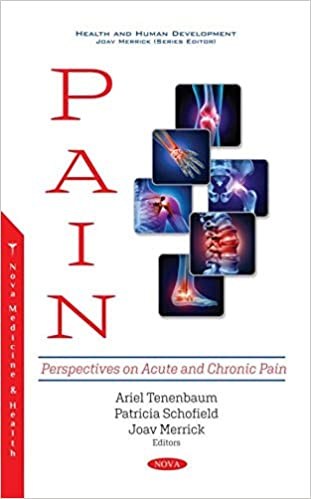
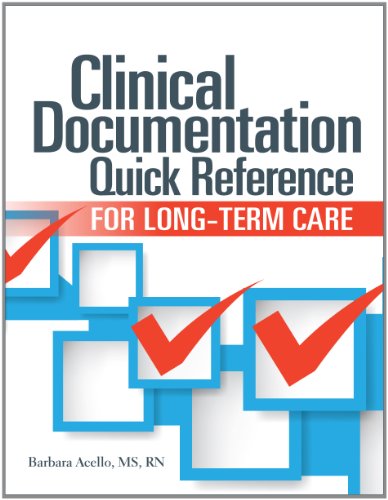
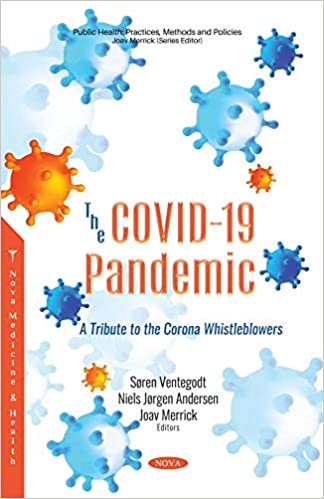

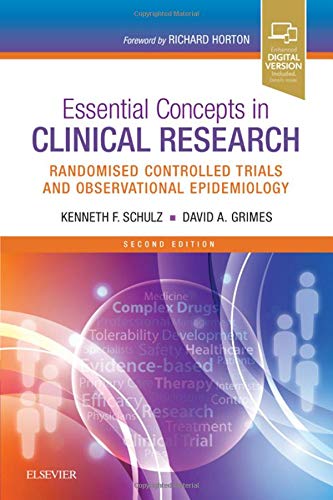
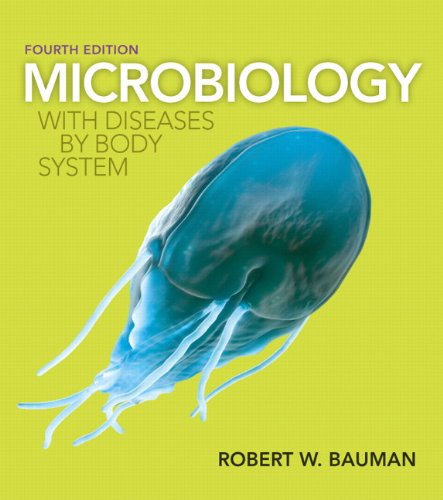
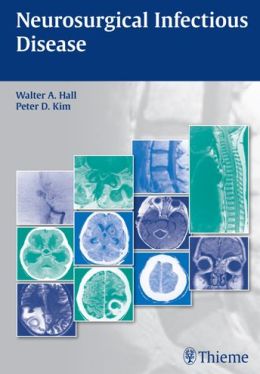
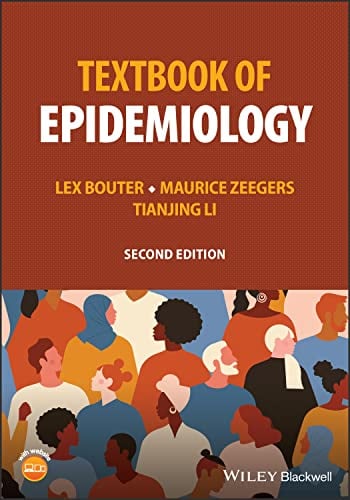
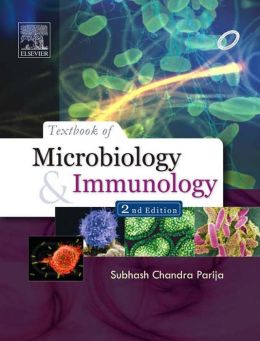
Reviews
Clear filtersThere are no reviews yet.